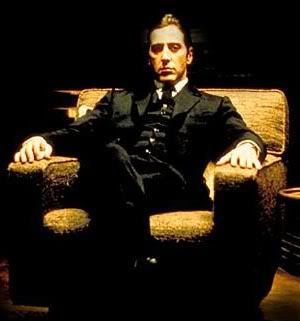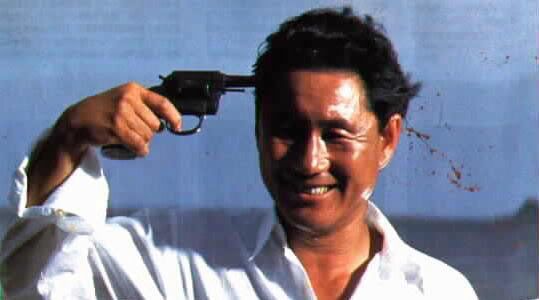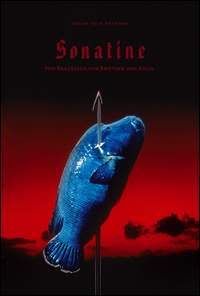The link for Ladykillers actually calls you a loser..haha.


__________________
“The gladdest moment in human life, methinks, is a departure into unknown lands.” – Sir Richard Burton




 you, keep us here with our tonges hanging out
you, keep us here with our tonges hanging out 













 I still haven't seen it
I still haven't seen it  so i am going to put it on Fetch movie list. I must see it if it is your No.1 film
so i am going to put it on Fetch movie list. I must see it if it is your No.1 film  thanks again
thanks again 